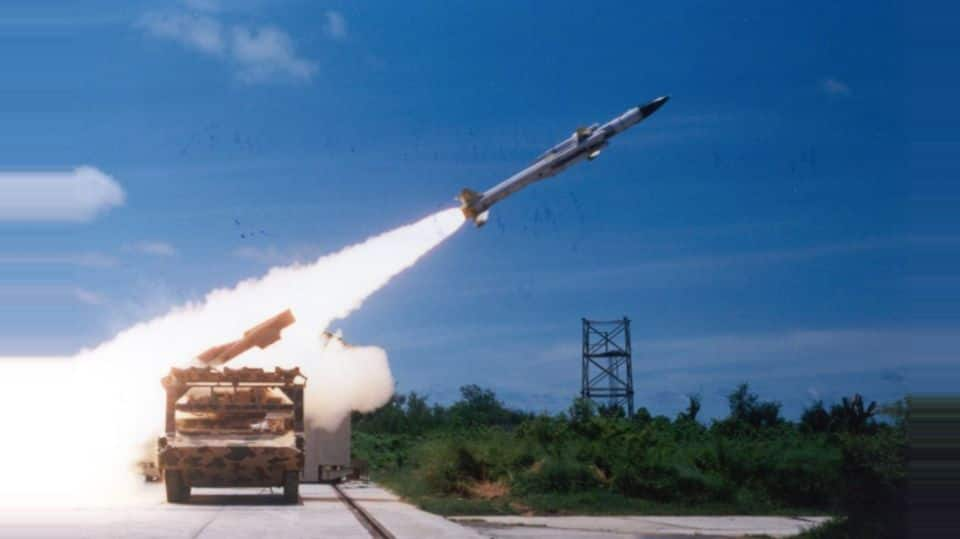
Saudi Arabia intercepts rebel-fired ballistic missiles from Yemen
What's the story
The Saudi-led coalition forces fighting the Houthi rebels in Yemen have reportedly intercepted a ballistic missile fired by the latter above Saudi Arabia's capital city, Riyadh. According to reports from Houthi-run Al-Masirah TV, the Burkan H-2 ballistic missile was fired to target an important meeting at the al-Yamama Palace in Riyadh. Saudi Arabia has blamed Iran for supplying Houthis with missiles. Here's more.
Conflict
The ongoing Yemen Civil War
The conflict between forces loyal to the beleaguered President, Abdrabbuh Mansour Hadi, and Houthi rebels & forces loyal to the former President Ali Abdullah Saleh started in 2015. It is essentially a power-struggle between Shia-dominated Iran and Sunni-dominated Saudi Arabia. A Saudi-led coalition comprising of five Gulf Arab states, Jordan, Egypt, Morocco and Sudan, and the US have launched air-strikes targeting Houthis since 2015.
Burqan 2
What do we know about the missile?
The Houthis UNveiled the Burqan 2 short-range ballistic missile in February 2017. The missile belongs to the family of Soviet-made Scud missiles. It was first launched targeting Riyadh's domestic airport terminal in July 2017 but was intercepted by US-installed Patriot missiles. US ambassador to the UN, Nikki Haley recently said it bore a close resemblance to Iranian-made Qaim ballistic missile.
Houthis explain
Why did the Houthis target Riyadh?
Al Masirah's website claims that the attack was launched "in response to the heinous crimes committed by the US-Saudi aggression against the people of Yemen." It was purportedly meant to target the top Saudi leadership at a meeting at the al Yamama Palace where Crown-Prince Mohammad bin-Salman was scheduled to discuss the kingdom's annual budget.
Details
Saudi Arabia blames Iran
Col. Turki Al Maliki, spokesperson for the coalition slammed the Houthi-rebels for indiscriminately targeting civilian and populated areas with the missile. He added that the missile was successfully intercepted by a Patriot missile south of Riyadh. He pointed to the incident as proof of Iran's "continued involvement of the Iranian regime in supporting the Houthi armed group" in defiance of the UN.
Information
How did Iran respond?
Iran insists that the missile attacks are "independent actions" taken in response to the Saudi-led coalition's aggression. Alireza Miryousefi, a spokesman for Iran's mission to the UN, rejected Haley's claims that the missile has originated in Iran as "unfounded, irresponsible, provocative and destructive."